Built around 1848, the mausoleum's official name is Thuong Cong Temple, covering an area of approximately 1.85 hectares (located in Ward 1, Binh Thanh District, Ho Chi Minh City). Locally, the mausoleum of Ong Ba Chieu means "Mr. Mausoleum" (avoiding calling it by its name Le Van Duyet due to the taboo against using his name) in the Ba Chieu area.
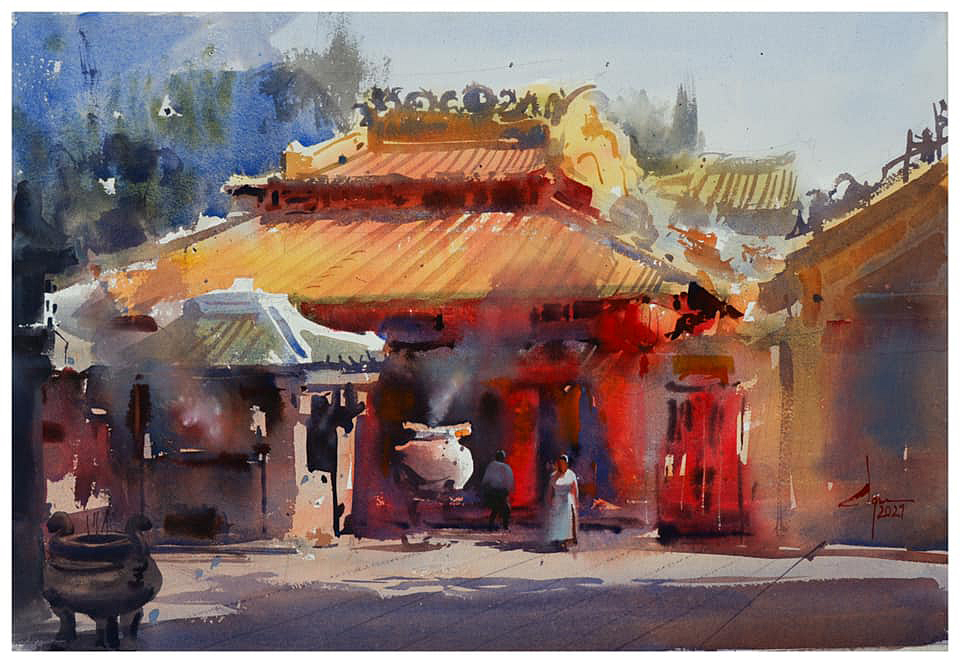
Paintings by artist Doan Quoc
The complex includes a stele house (where a stone stele commemorating the Left Army Commander is placed), the tomb of the Left Army Commander and his wife (also known as the turtle tomb because of its shape resembling a lying turtle, surrounded by a screen and wall), and a temple (comprising the front hall, middle hall, and main hall).
The main hall houses a bronze statue of General Ta Quan, 2.65 meters tall and weighing 3 tons, created by sculptor Pham Van Hang.
Once chosen as a symbol of the old Saigon - Gia Dinh region, the Tam Quan gate, built in 1949, features raised Chinese characters that read "Thuong Cong Mieu".
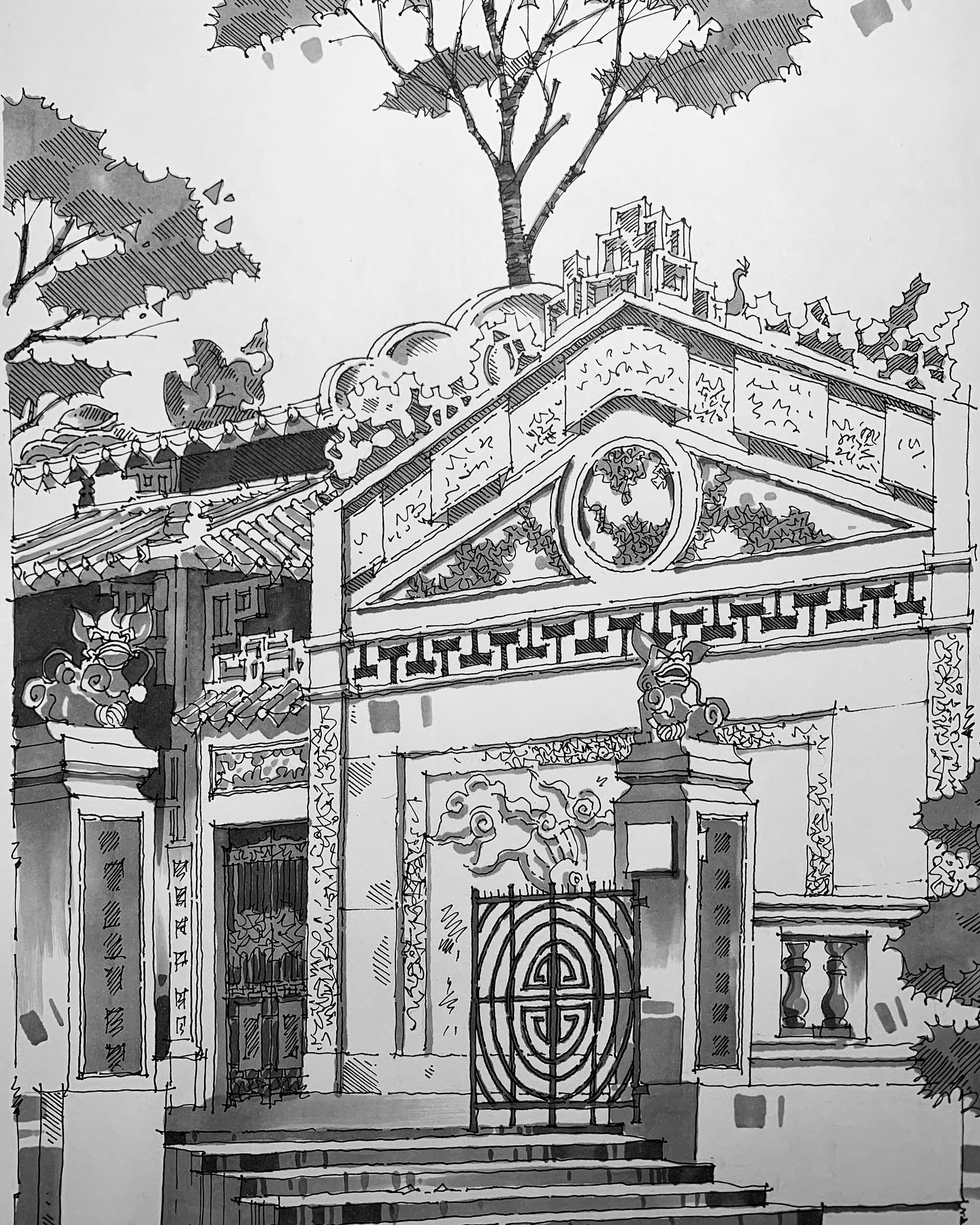
Sketches by architect Tran Vo Lam Dien
Le Van Duyet was a talented general (during the reigns of Emperors Gia Long and Minh Mang), who accomplished many great deeds. He represented the open-minded spirit of the people of Southern Vietnam because of his liberal ideas, accepting the diversity of migrants from Central and Northern Vietnam, China, and the Cham people, including missionaries and merchants…
Every year, the mausoleum holds a memorial ceremony for General Ta Quan on the 29th or 30th of July, and the 1st and 2nd of August according to the lunar calendar. General Ta Quan is regarded as a deity by the people, so the rituals of worship and offerings to him at the mausoleum also follow the same customs as the Lady of the Land ceremony.
Source link






![[Photo] Enchanted by the deciduous forest during the leaf-changing season.](/_next/image?url=https%3A%2F%2Fvphoto.vietnam.vn%2Fthumb%2F1200x675%2Fvietnam%2Fresource%2FIMAGE%2F2026%2F02%2F04%2F1770196861704_2066642_8ffd5f25c3c9433be0e644abe71613ae.jpeg&w=3840&q=75)




















![[Photo] Heartwarming "Journey Home for Tet" in the Year of the Horse at the People's Police Academy](/_next/image?url=https%3A%2F%2Fvphoto.vietnam.vn%2Fthumb%2F1200x675%2Fvietnam%2Fresource%2FIMAGE%2F2026%2F02%2F04%2F1770198043990_hv-cong-an-13-1206-jpg.webp&w=3840&q=75)





































![[Photo] Enchanted by the deciduous forest during the leaf-changing season.](/_next/image?url=https%3A%2F%2Fvphoto.vietnam.vn%2Fthumb%2F402x226%2Fvietnam%2Fresource%2FIMAGE%2F2026%2F02%2F04%2F1770196861704_2066642_8ffd5f25c3c9433be0e644abe71613ae.jpeg&w=3840&q=75)





























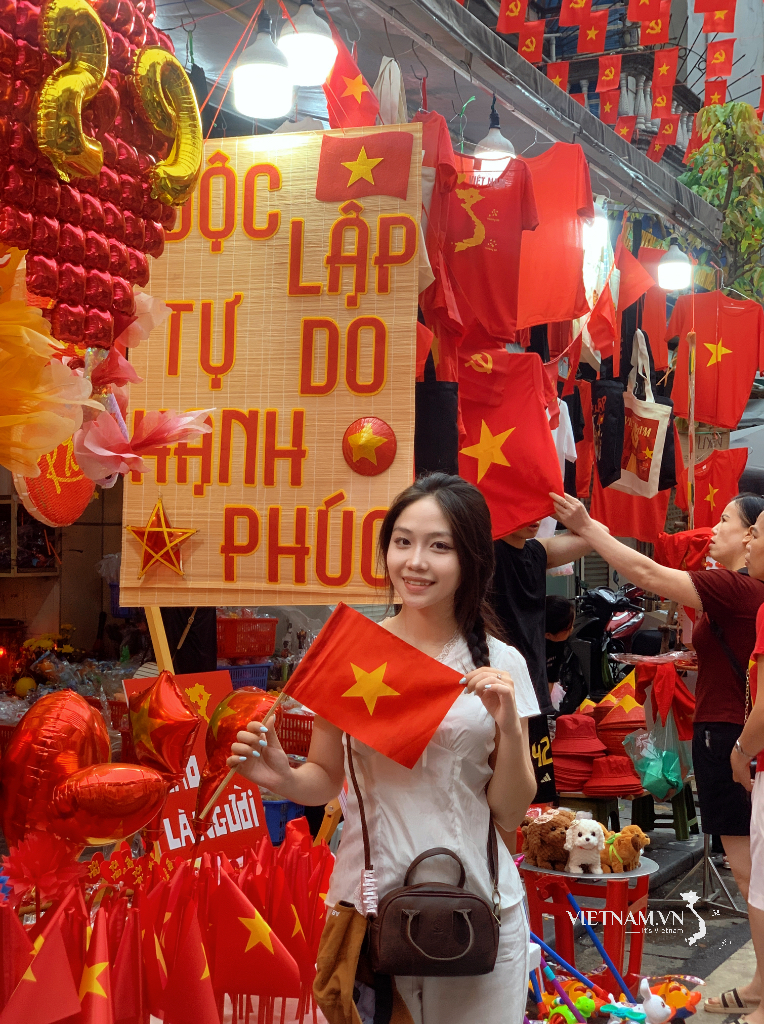

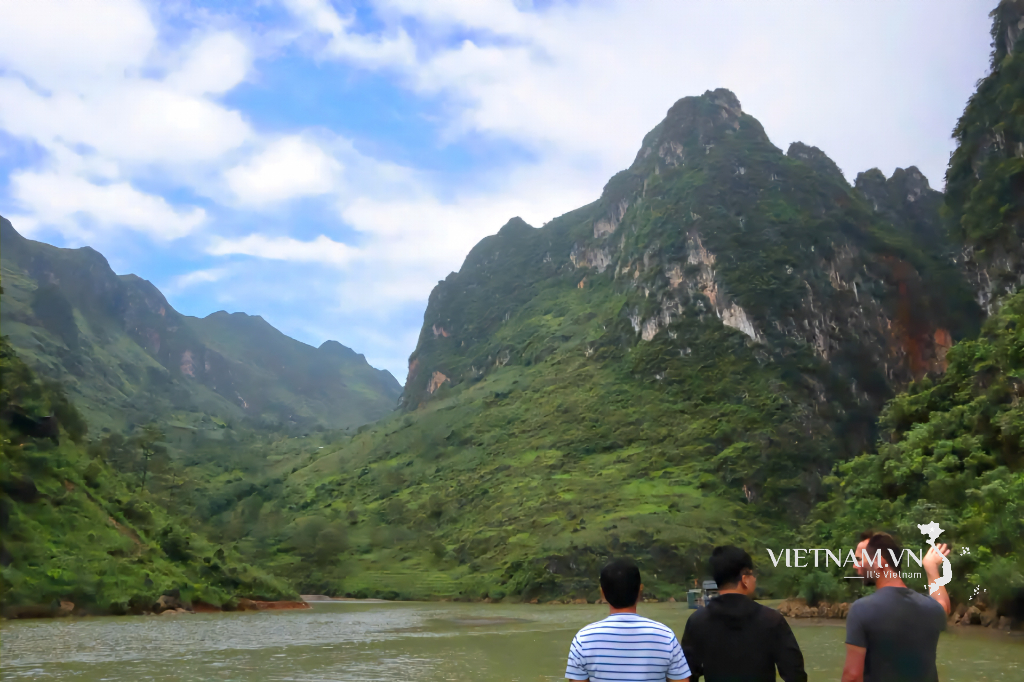
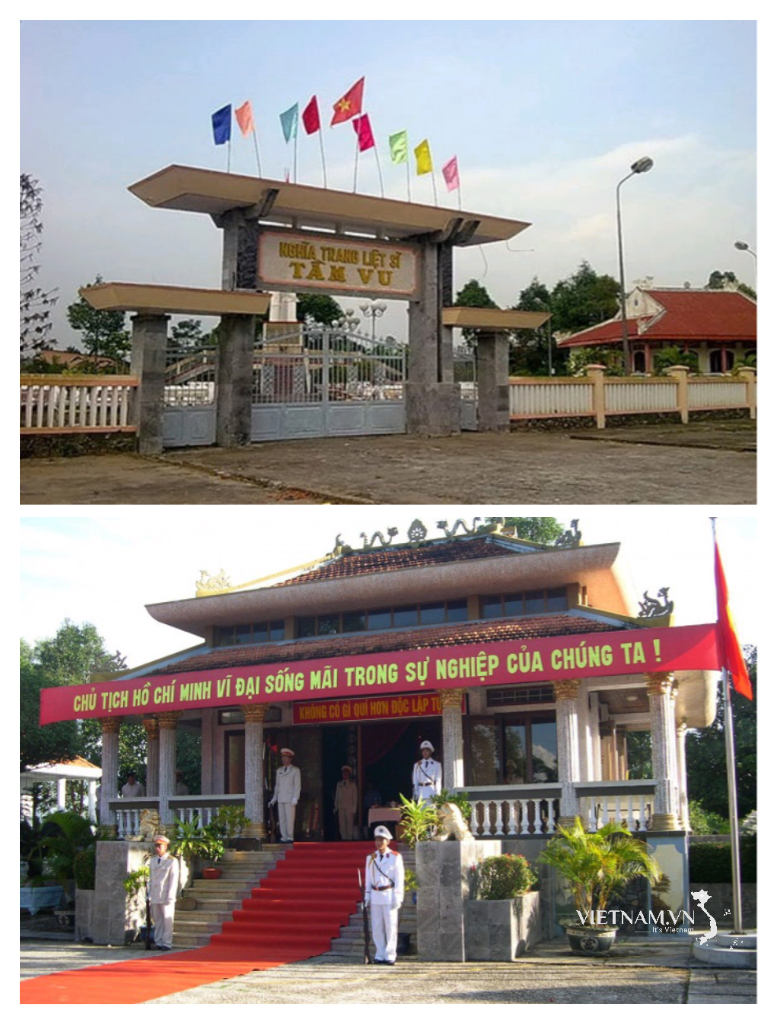
Comment (0)